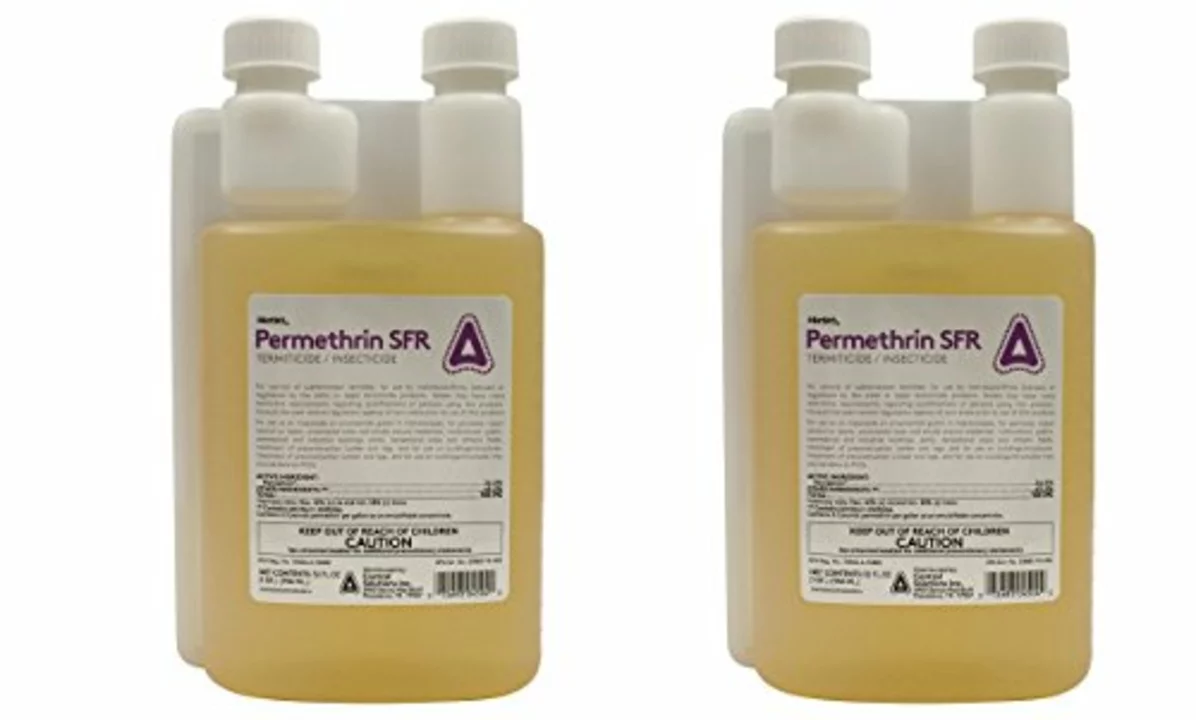Insecticide: Safe, Practical Pest Control Tips
Got bugs you want gone fast but don’t want to create a bigger problem? You’re not alone. This short guide helps you pick the right insecticide, use it safely, and avoid common mistakes that make pests come back.
Know the main types and when to use them
Liquid sprays: good for quick knockdown on walls, baseboards, and outdoor surfaces. Aerosol sprays: handy for spot jobs but don't use them as a long-term solution. Baits and gels: best for ants and roaches because they lure insects to carry poison back to the nest. Dusts: work well in cracks or wall voids where liquid can't reach. Granules and barrier treatments: useful for yards and perimeter protection. Biologicals (like Bti for mosquito larvae) and insecticidal soaps or neem oil: gentler options for gardens and sensitive areas.
Check active ingredients. Pyrethroids (permethrin, deltamethrin) are common for home use. Boric acid is effective for roaches. For mosquitoes look for products labeled for outdoor use and consider larvicides for standing water. For bedbugs and serious infestations, a pro often gets better results than DIY sprays.
How to buy and use insecticides safely
Buy from reputable retailers and check the product label before purchase. In the U.S., look for an EPA registration number. Read the label—don’t assume similar products work the same. Labels tell you where you can use the product, how much to mix, safety gear needed, and re-entry time after application.
Always wear simple PPE: gloves and eye protection at minimum. Open windows and ventilate if you spray indoors. Keep kids and pets out of treated areas until the label says it’s safe. Never mix products unless the label explicitly allows it—mixing can create hazardous fumes or deactivate the product.
Rotation matters. If the same insecticide has been used repeatedly and pests keep returning, they may be developing resistance. Try a product with a different active ingredient or switch methods—move from sprays to baits or traps.
Prefer gentler options? Use insecticidal soaps, diatomaceous earth (food-grade), or neem oil for many garden pests. For ants and roaches, baits are safer and more effective than broad-spectrum sprays because they target the nest.
Disposal and storage: keep insecticides in original containers, locked away, and out of reach. Never pour leftover product down the drain or throw full containers in regular trash. Triple-rinse empty pesticide containers if the label requires it, and use local hazardous-waste disposal programs when available.
Want to avoid repeated treatments? Focus on prevention: seal gaps and cracks, remove food and water sources, fix leaks, and reduce clutter. Small changes often cut infestations by half and reduce how much insecticide you need.
If you’re unsure which product fits your situation, take a photo and product label to a local garden center or contact a licensed pest professional. A small question now can save time, money, and health headaches later.

